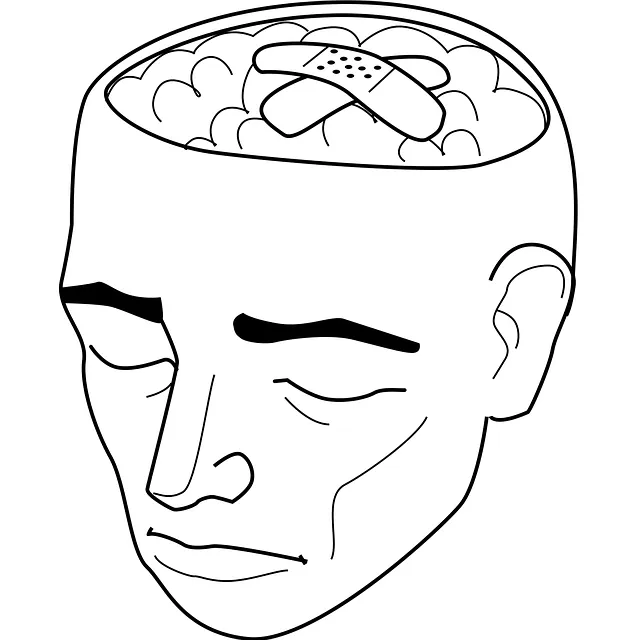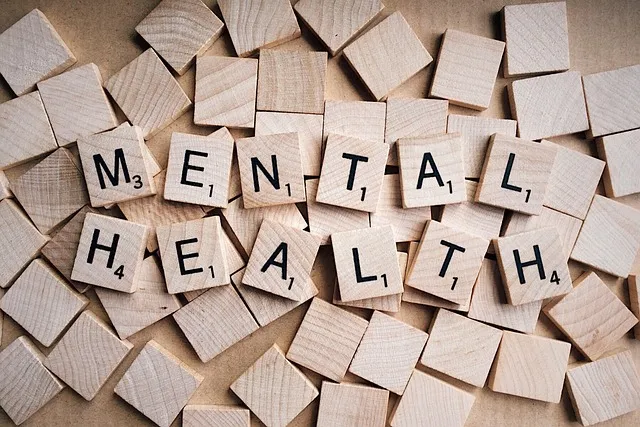Mental health conditions like depression and anxiety can significantly impair social interactions, leading to isolation and increased emotional distress. Social Skills Training (SST) at Littleton Kaiser Permanente Psychiatry offers a holistic approach to address this challenge. Through structured programs tailored to individual needs, patients learn effective communication strategies, stress reduction techniques, and resilience building activities. This empowers them to interpret social cues, manage reactions, and re-engage with their communities, improving overall well-being. For more information on these services, contact the Littleton Kaiser Permanente psychiatry team at [phone number].
Social skills training is a powerful tool in managing mental health conditions, offering individuals a pathway to navigate social interactions with confidence. This article explores how such training can significantly improve outcomes for those facing challenges in this area. We delve into the impact of mental health on social relationships and the therapeutic benefits of structured programs. Additionally, practical strategies and resources are provided, including insights from Littleton Kaiser Permanente Psychiatry, accessible via their dedicated phone number, offering guidance for a more connected life.
- Understanding the Impact of Mental Health Conditions on Social Interactions
- The Role of Social Skills Training in Psychiatric Treatment
- Strategies for Effective Social Skills Development
- Resources and Support: Finding Help at Littleton Kaiser Permanente Psychiatry
Understanding the Impact of Mental Health Conditions on Social Interactions

Mental health conditions can significantly alter an individual’s ability to engage in social interactions, often leading to feelings of isolation and further exacerbating emotional distress. Conditions such as depression, anxiety disorders, and even psychotic spectrum disorders can impact social skills in various ways. For instance, individuals might struggle with initiating or maintaining conversations, interpreting social cues, or understanding appropriate boundaries, which can make everyday interactions challenging. These challenges are especially pronounced in settings like workplaces or community spaces, where social engagement is frequent and often demanding.
The impact extends beyond personal relationships; it also affects one’s ability to access essential services. For example, individuals with mental health conditions might find it difficult to navigate healthcare systems, such as those offered by Littleton Kaiser Permanente psychiatry, due to anxiety or a lack of confidence in social situations. Therefore, Social Skills Training becomes a crucial component of holistic treatment plans, alongside Stress Reduction Methods and Burnout Prevention Strategies for Healthcare Providers, aiming to empower individuals to re-engage with their communities and improve overall well-being.
The Role of Social Skills Training in Psychiatric Treatment

Social Skills Training (SST) plays a pivotal role in psychiatric treatment, offering a holistic approach to enhancing patients’ lives. It is particularly beneficial for individuals navigating mental health conditions, as it empowers them with the tools necessary to interact and connect with others effectively. SST focuses on teaching practical skills, such as active listening, non-verbal communication, and social problem-solving, which are essential for building healthy relationships and fostering a sense of belonging.
By integrating these techniques into treatment plans, mental health professionals at institutions like Littleton Kaiser Permanente can facilitate improved emotional healing processes and stress reduction methods. This form of training goes beyond medication and therapy by addressing the social barriers and isolation often associated with psychiatric disorders. It encourages patients to actively participate in their recovery, enhancing their overall well-being and quality of life.
Strategies for Effective Social Skills Development

Social skills training is a powerful tool for individuals managing mental health conditions, offering a pathway to enhance connections and navigate social situations with confidence. At Littleton Kaiser Permanente psychiatry, experts emphasize structured programs that cater to specific needs. These often involve role-playing exercises, where patients practice responses in safe, simulated scenarios, fostering a deeper understanding of appropriate social cues.
Additionally, integrating stress reduction methods, positive thinking techniques, and resilience building activities can significantly enhance the effectiveness of training. By combining these strategies, individuals learn not only to interpret social signals but also to manage their reactions, promoting healthier interactions and improving overall well-being.
Resources and Support: Finding Help at Littleton Kaiser Permanente Psychiatry

At Littleton Kaiser Permanente Psychiatry, we understand that managing mental health conditions requires a holistic approach, and social skills training plays a pivotal role in this process. Our dedicated team offers personalized resources and support to help individuals navigate their journey towards better mental well-being. We believe that fostering positive thinking and building essential social skills can empower people to cope with challenges effectively.
Through our comprehensive services, we provide crisis intervention guidance tailored to each patient’s unique needs. The Community Outreach Program Implementation is a cornerstone of our strategy, aiming to create a supportive network within the community. By connecting individuals with like-minded support groups and educational resources, we enable them to develop resilience and enhance their overall mental health. For those seeking assistance, the Littleton Kaiser Permanente Psychiatry phone number offers a direct line to expert care and guidance.
Social skills training plays a pivotal role in managing mental health conditions, offering individuals valuable tools to navigate social interactions with confidence. By understanding the unique challenges presented by these conditions and employing evidence-based strategies, those affected can significantly improve their overall well-being. For personalized guidance and support, reaching out to Littleton Kaiser Permanente Psychiatry is a step towards embracing recovery. Their team specializes in providing resources tailored to individual needs, empowering individuals to overcome social barriers and foster meaningful connections. Remember, seeking help is the first step towards a brighter, more connected future, with services accessible via the Littleton Kaiser Permanente psychiatry phone number.






